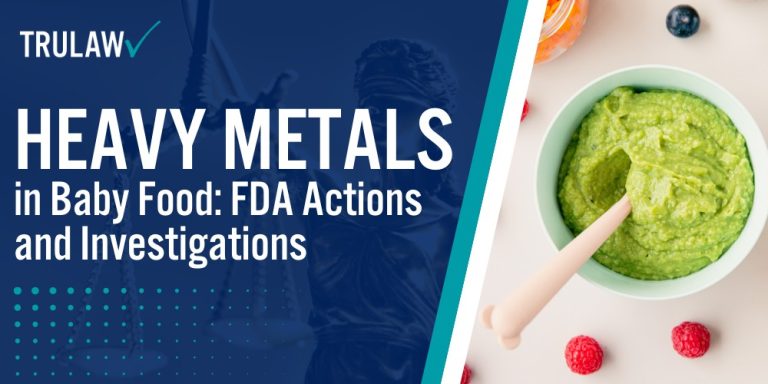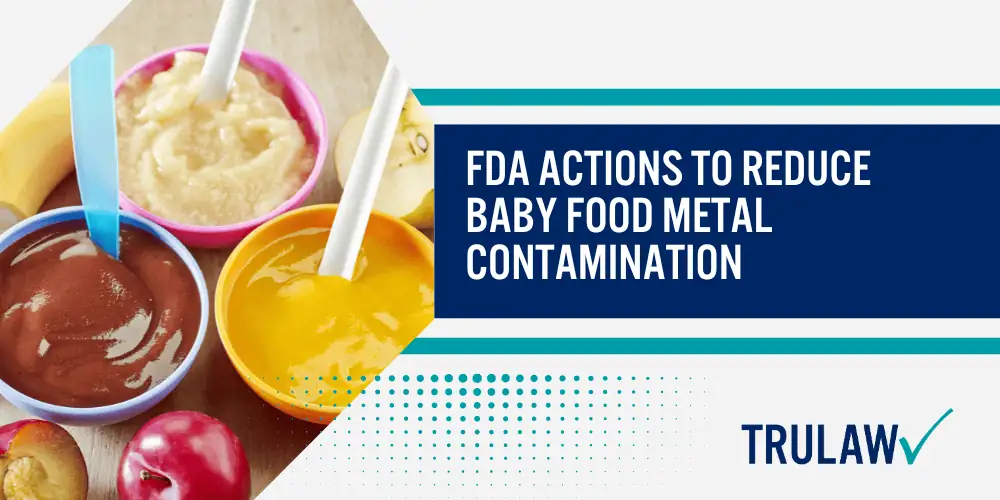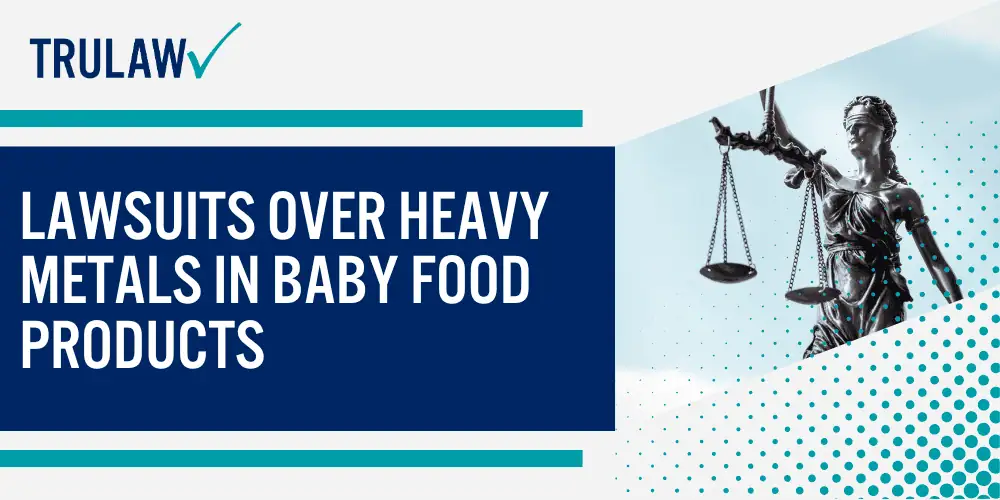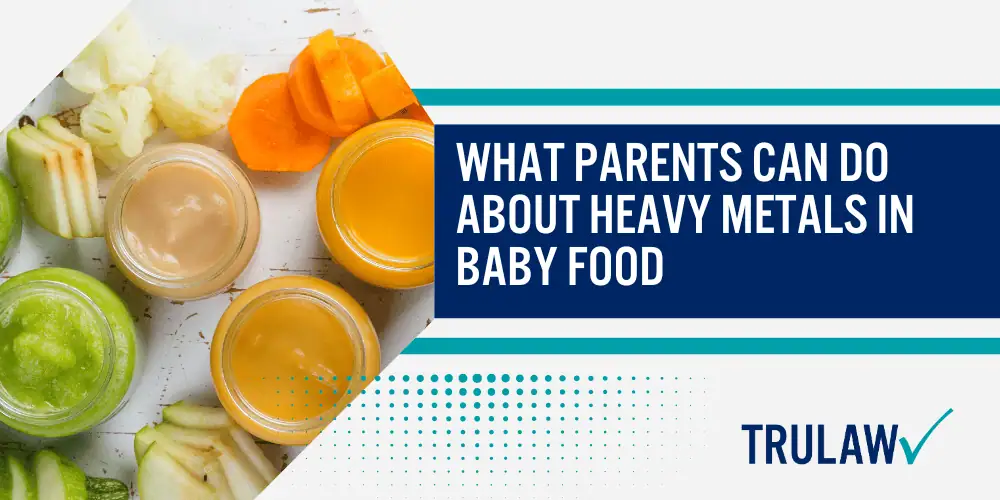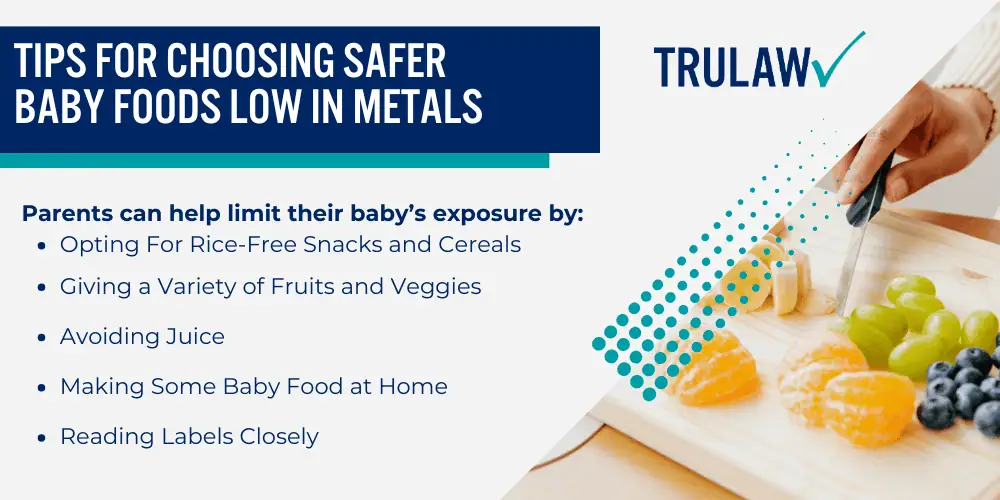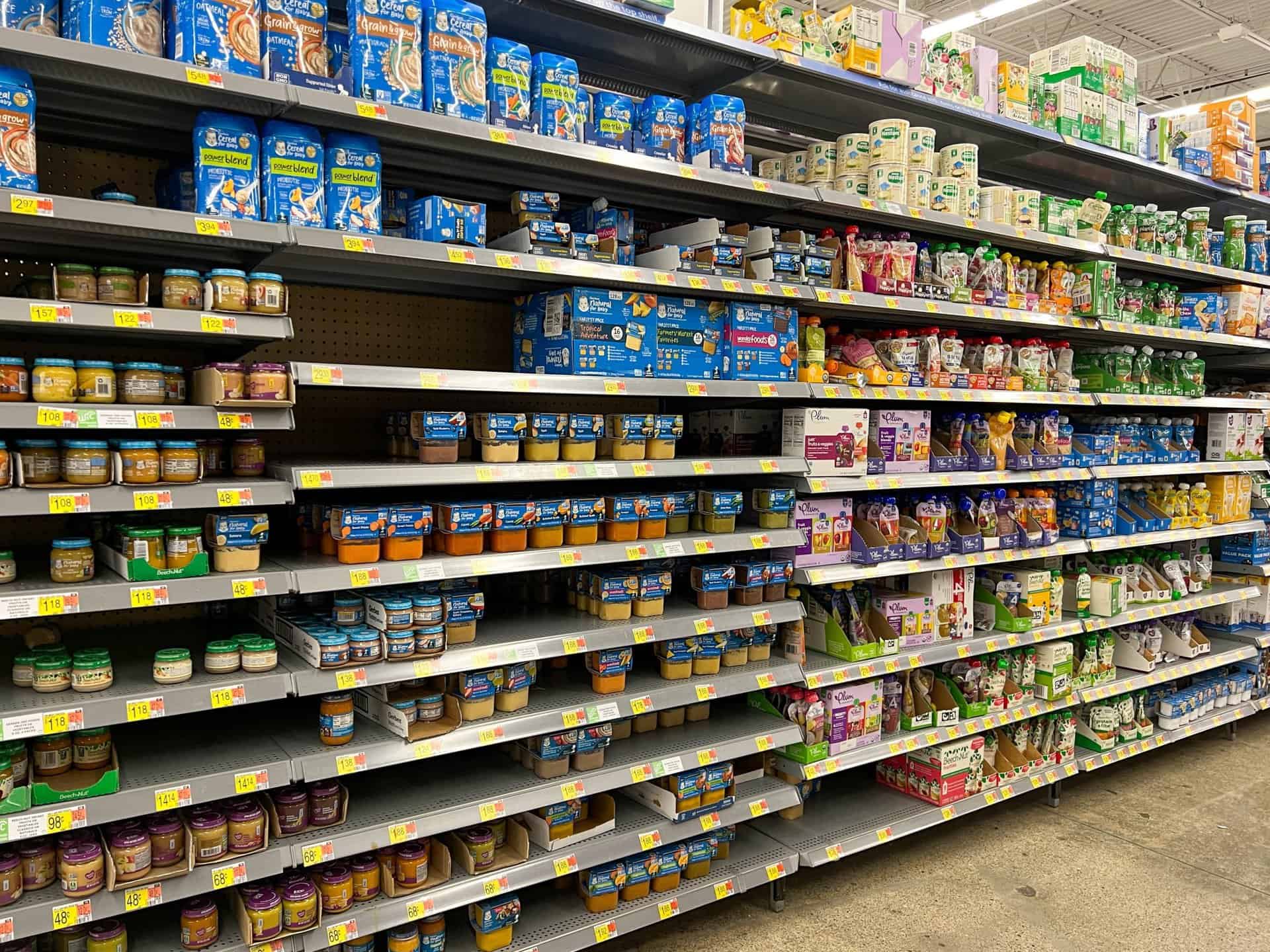Parents may wonder if homemade baby food is a safer alternative to store-bought options when it comes to heavy metal contamination.
While making your own baby food allows you to control the ingredients, it doesn’t necessarily eliminate the risk.
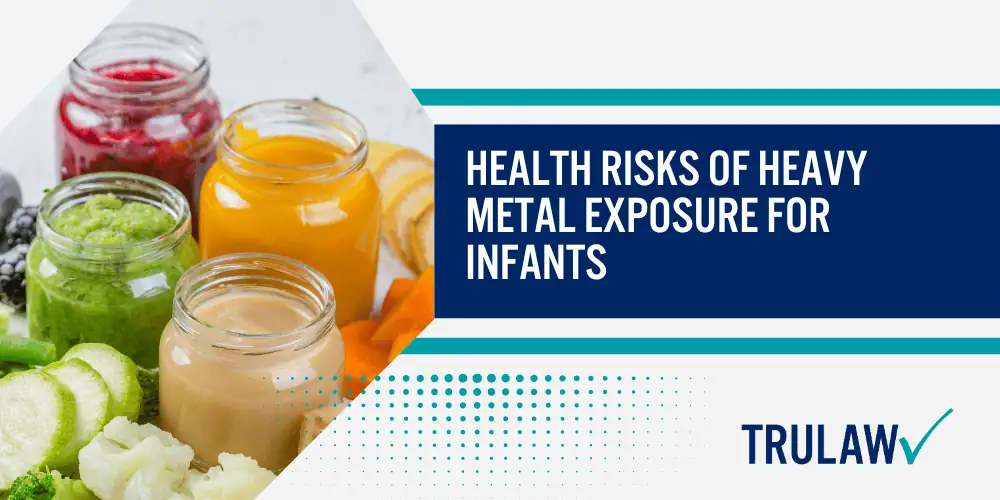
Many foods that are common in homemade baby food, such as rice, sweet potatoes, and certain fruits and vegetables, can still contain heavy metals absorbed from the soil.
The key is to use a variety of ingredients and limit those that tend to be higher in contaminants.
Developmental & Neurological Issues from Heavy Metals
Exposure to toxic heavy metals like arsenic, lead, cadmium, and mercury poses serious health risks for babies and young children.
These metals can harm a child’s developing brain and nervous system, potentially causing permanent loss of intellectual capacity, behavioral problems, attention-deficit disorders, and other long-term neurodevelopmental issues.
Infants are especially vulnerable to the harmful neurological effects of these toxic metals, as their brains and organ systems are rapidly developing.
They also absorb more of the heavy metals they ingest compared to adults.
Other Health Concerns Linked to Toxic Metals in Food
Regularly consuming even low levels of these contaminants over time can increase the risk of lifelong deficits and health problems.
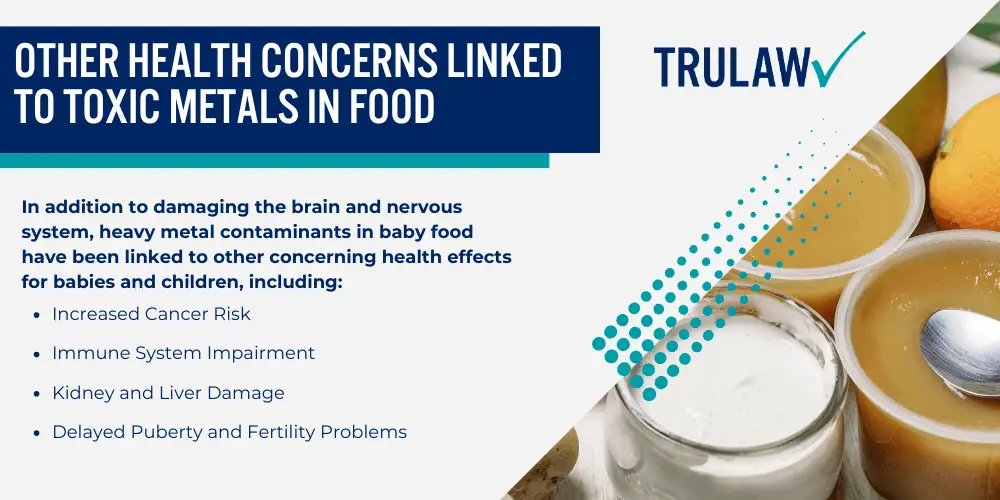
In addition to damaging the brain and nervous system, heavy metal contaminants in baby food have been linked to other concerning health effects for babies and children, including:
- Increased Cancer Risk: Certain heavy metals like arsenic, cadmium, and lead are known or probable human carcinogens that can increase cancer risk over time.
- Immune System Impairment: Heavy metal exposure may weaken a child’s immune system, making them more susceptible to infections and disease.
- Kidney and Liver Damage: Exposure to metals like cadmium and mercury can harm the kidneys and liver, interfering with proper growth and development.
- Delayed Puberty and Fertility Problems: Some studies link heavy metals to hormone disruption that may delay puberty and impact fertility later in life.
Babies are most often exposed to unsafe levels of heavy metals through contaminated water and food, including infant formula and baby food products.
Rice-based foods like infant rice cereal tend to be particularly high in inorganic arsenic.
